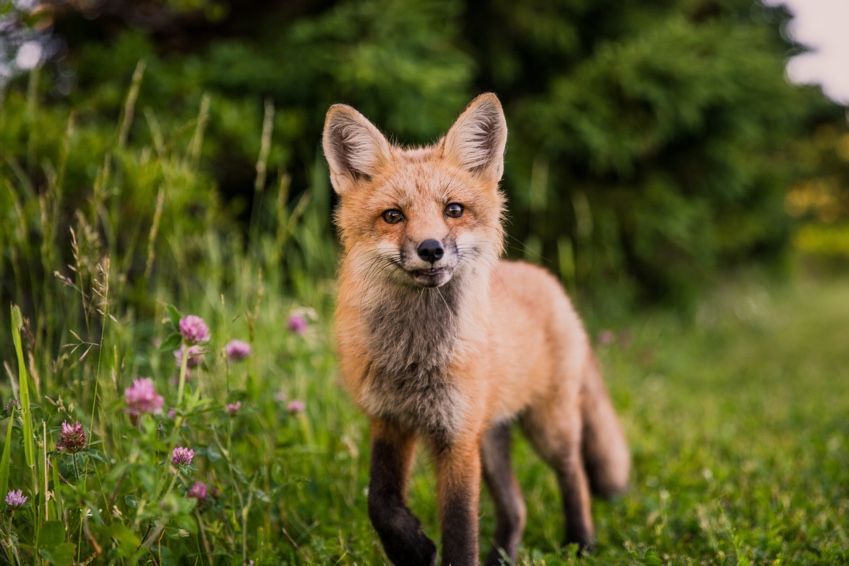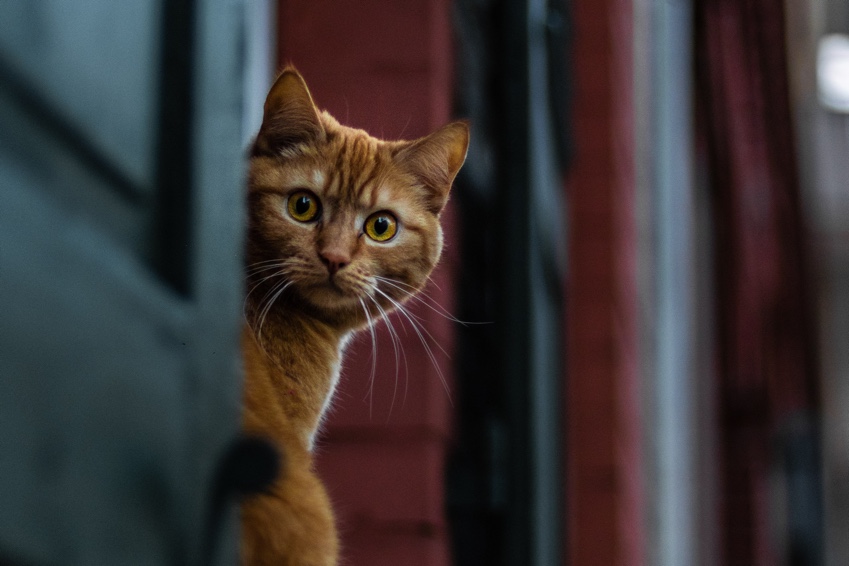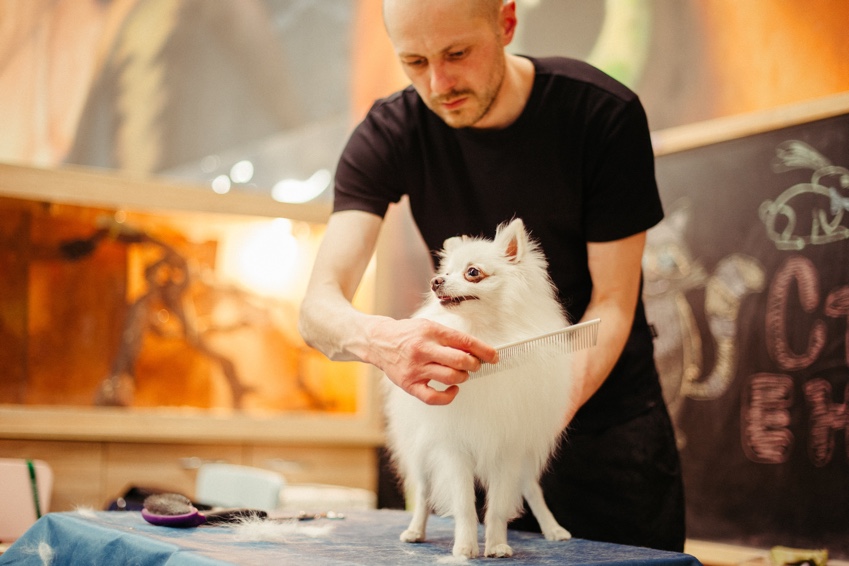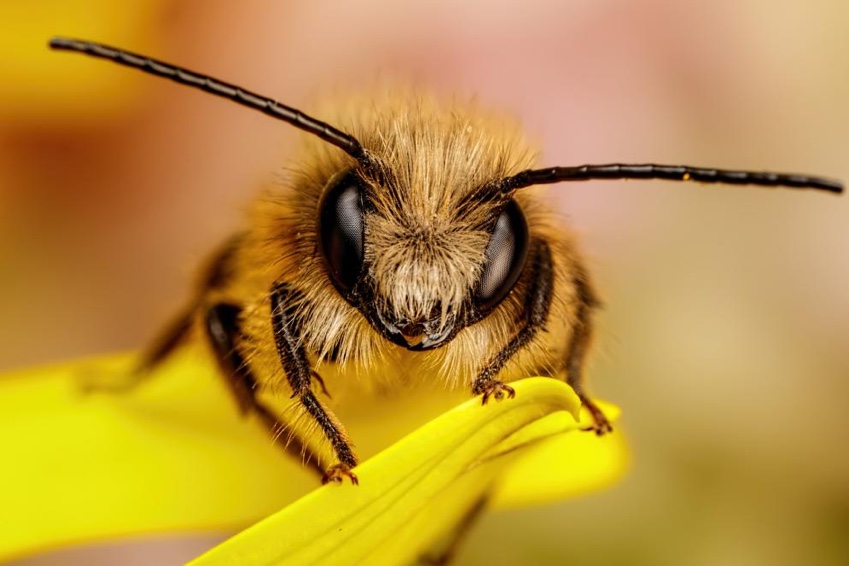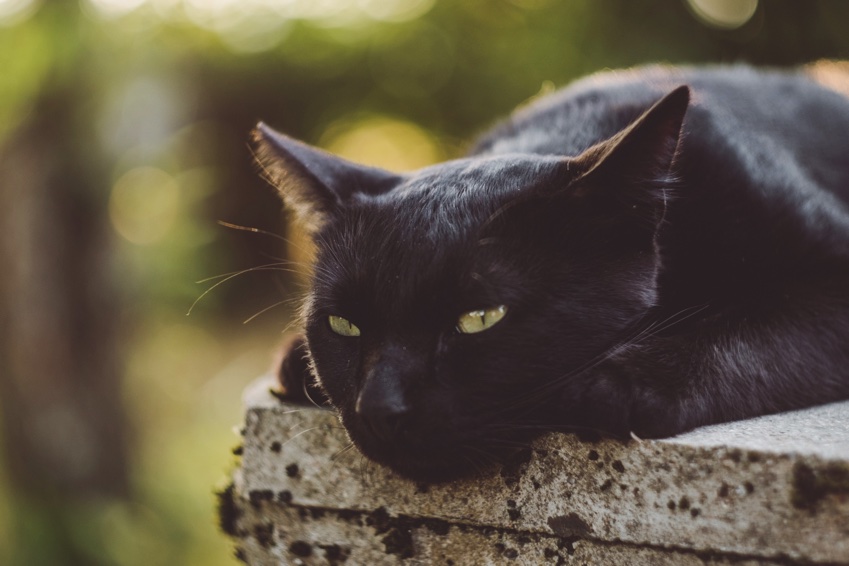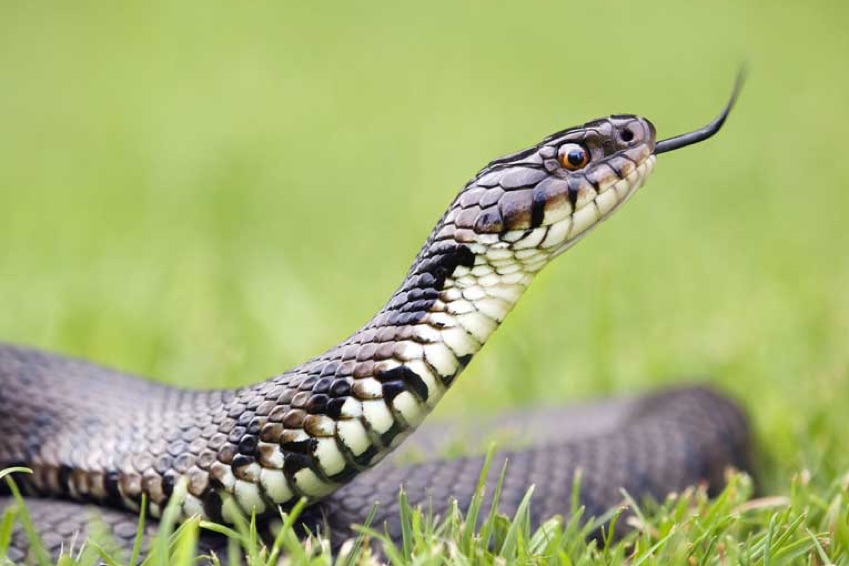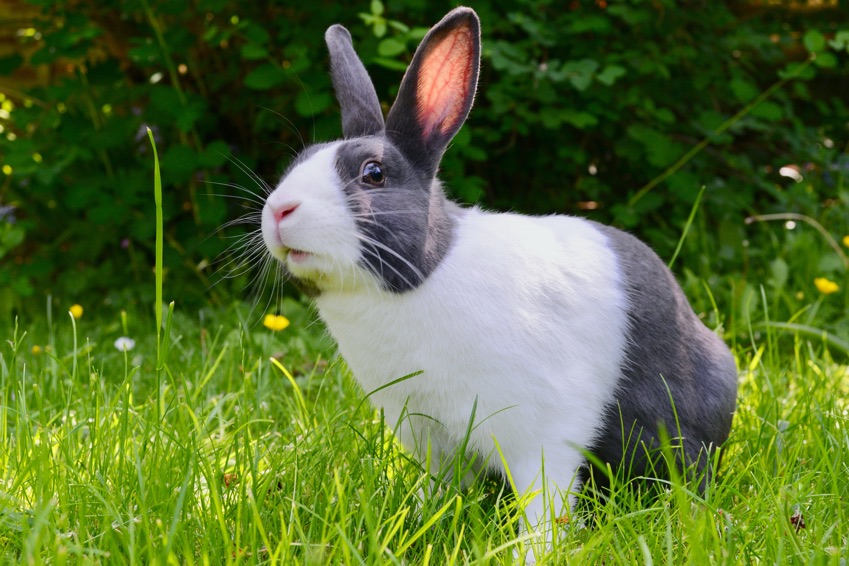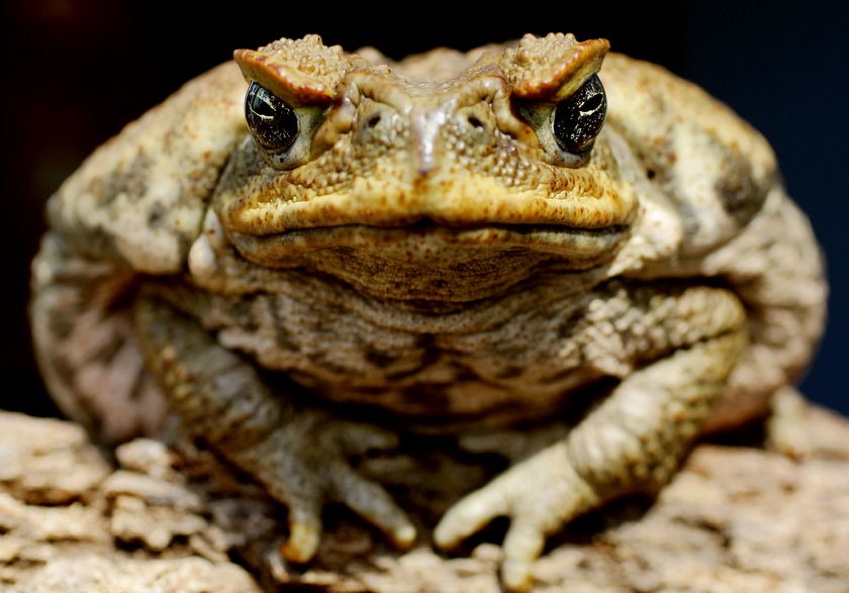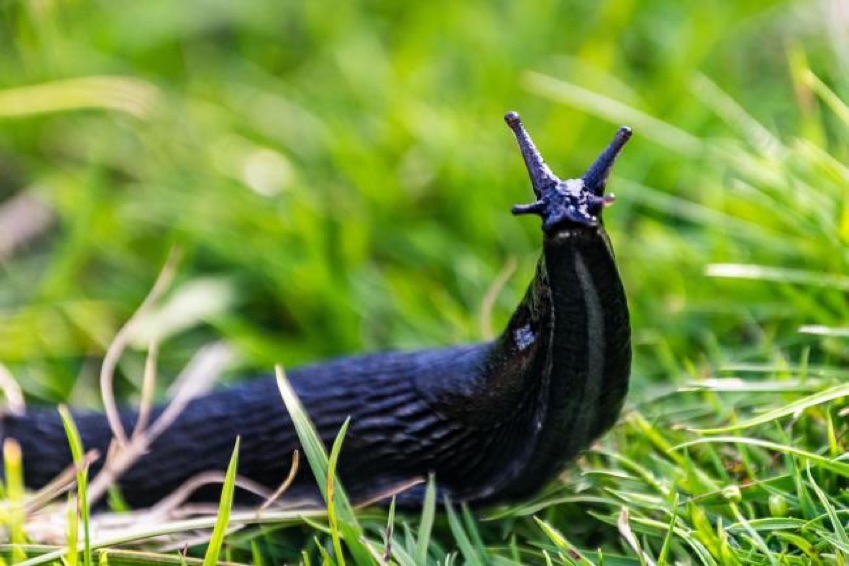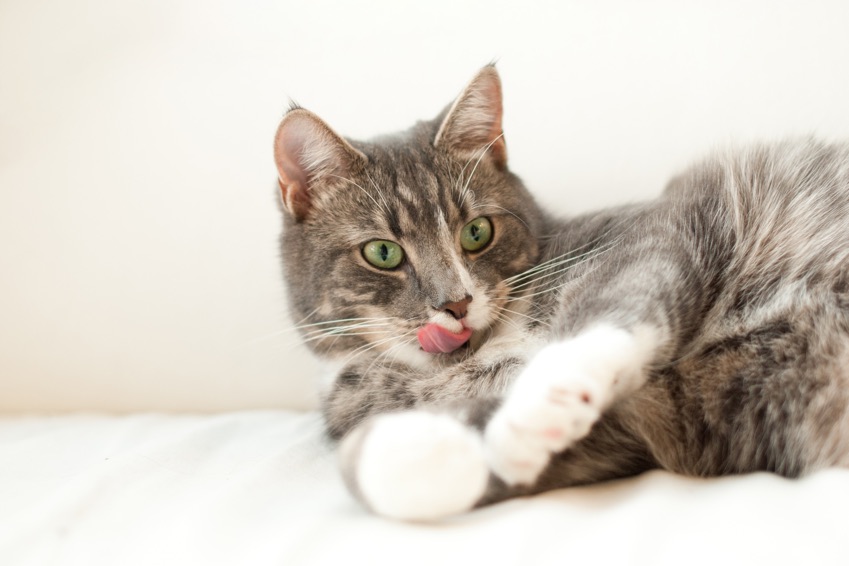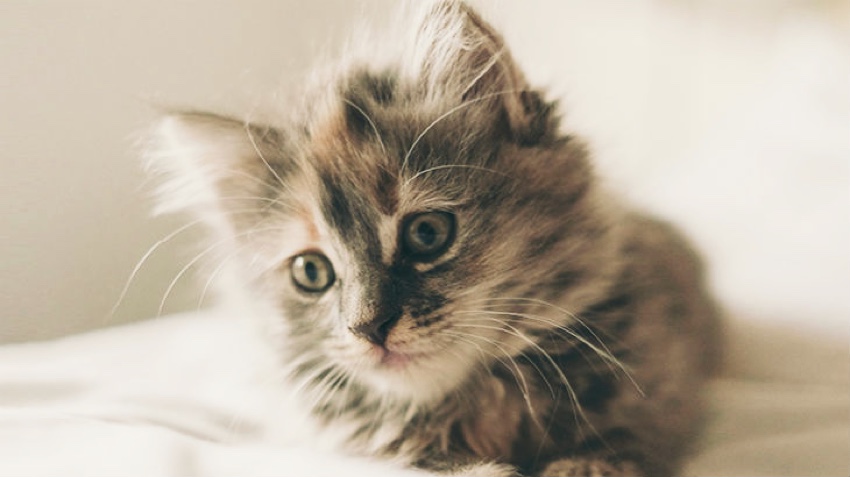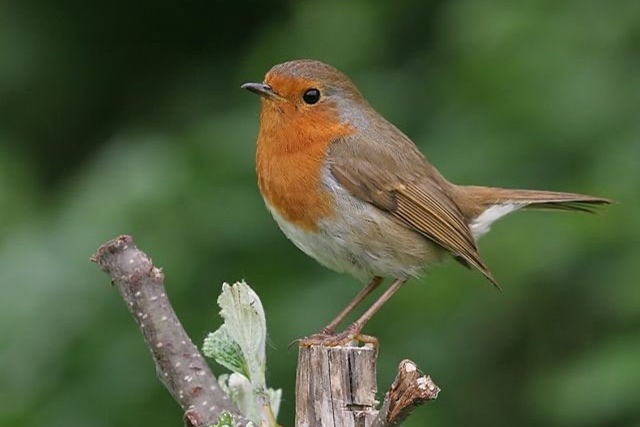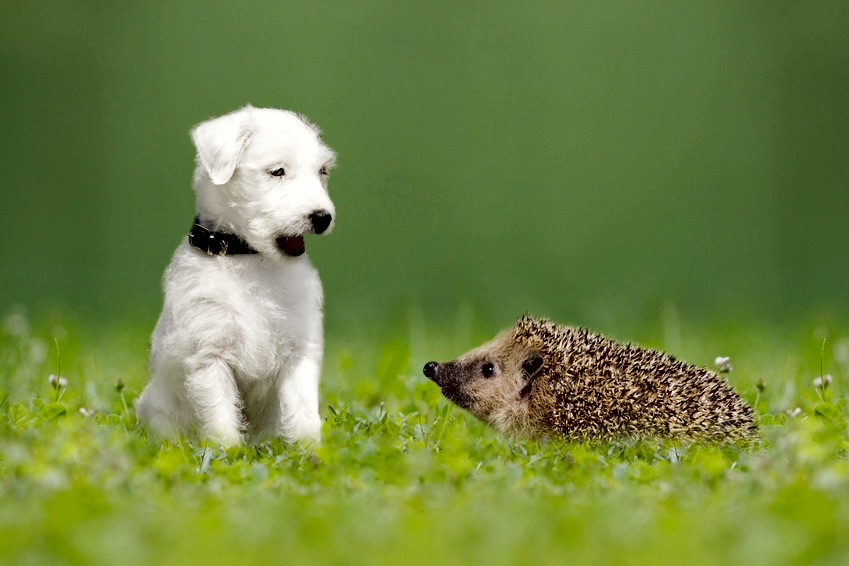Chinese New Year is almost upon us, which means that a new zodiac animal is going to have a whole year to itself – in 2020, we’re going to be celebrating the year of the rat. But how much do we actually know about these clever and resourceful creatures?
Rats are actually pretty misunderstood! While many people see them as scary, or carriers of disease, many of us actually keep them as pets. As they are a British beastie that many cats and dogs are likely to come across, what better time than now to showcase this much-maligned creature in an attempt to get to know it a little better?
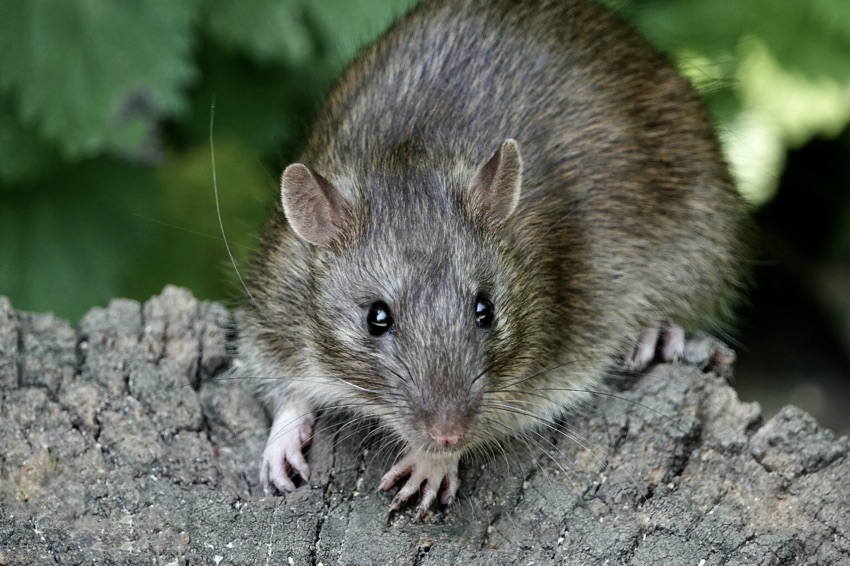
A Brief History of Rats
Rats come in all colours and sizes. Brown rats, however, are the most common type in the UK. They can live for around two to three years, generally, and as the name suggests, their fur is brown, with pink tails and ears. They can grow up to almost 30 cm long from nose to tail.
These rats have been given many names throughout history. For example, they were once thought to have originated in Norway – hence the original name ‘Norwegian Rats’ - but academics now believe the brown rat was brought to the UK aboard ships from Asia sometime in the 1700s.
They have adapted to pretty much every environment and can be found in equal abundance in both the city and countryside. There’s a saying that you are never too far from a rat – don’t try to think about it too much!
It’s a Rat’s Life
Rats are some of the least solitary animals you’ll find in the open. They prefer to live in colonies and dig down into the ground to create small burrows, similar in a fashion to rabbits.
Rats, also like rabbits, are champion breeders! They can start to reproduce as young as three months old. According to The Wildlife Trusts, they will typically have around five litters a year, each consisting of up to 12 young! That means each female rat could give birth to 60 new rats each year – that really does add up!
Another reason why rats are so adaptable and seemingly infinite in number is that they will eat anything and everything. That’s fruit, insects, human leftovers, and more besides. Again, try not to think too much!
Rats, Cats and Dogs
Although many people find these particular rodents terrifying, rats are extremely clever and versatile as a species. Many people find them to be wonderful and loving pets!
Even if you don’t keep rats as pets, however, they are probably the wild animal our beloved pets are most likely to come into contact with. Whilst domestic rats will normally be clean and free from diseases and parasites, the same can’t be said for their wild counterparts. This can, unfortunately, have some serious consequences for our dogs and cats.
If your pet has a high prey drive, they may be inclined to try to hunt rats if they pick up their trails. You should, however, try to prevent your pet from doing this wherever possible. As well as carrying illnesses and parasites which can hurt our pets, rats will fight back if cornered – and they can inflict quite a bit of damage in order to defend themselves.
Protect Your Pets!
Fortunately, it’s fairly easy to keep your pet away from the local rat population. At home, always make sure all refuse is properly bagged and binned. You should also keep compost heaps covered and avoid putting dairy or meat products on the pile.
Whilst out and about, it’s advisable to keep your pooch on a lead unless you are certain they understand and will obey a recall command. It’s trickier to keep outdoor cats and rats apart, but if you suspect your moggy has been in a fight with a rat, they may have small scratches or bites. If this is the case, do be sure to take them to a vet in order to have them checked out.
All in all, rats can make fabulous pets. They’re extremely clever and are likely better than humans at running large groups and societies! However, thanks to their omnivorous lifestyles and their willing to live absolutely everywhere, wild rats are carriers for all kinds of nastiness. Keep your pets safe by keeping your home clean, and by keeping an eye on your dogs and cats while out and about. Keep them up to date on vaccinations, too! ![]()
 blog
blog
